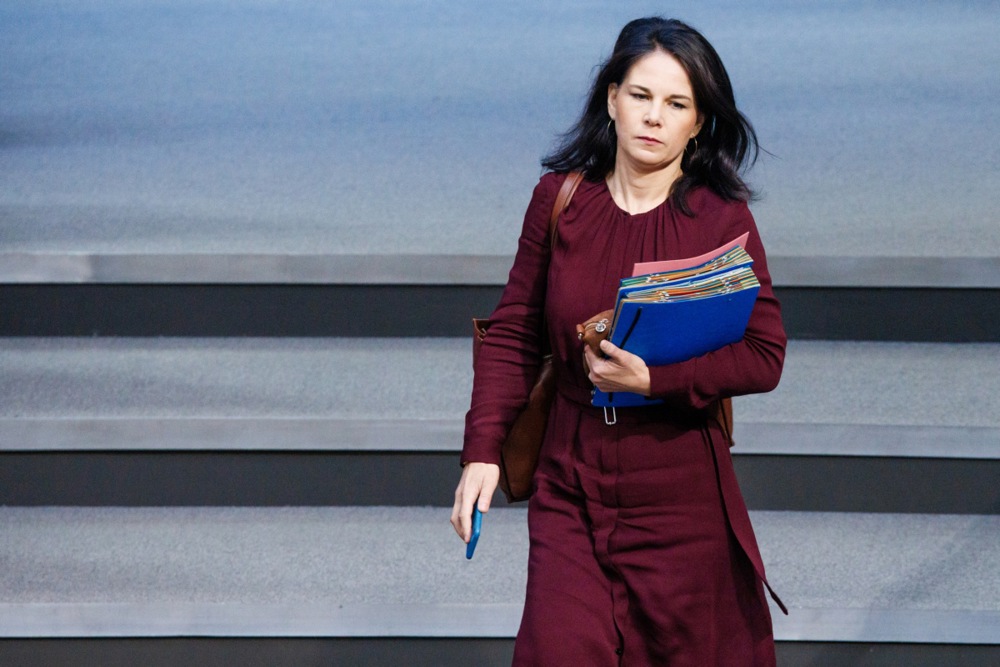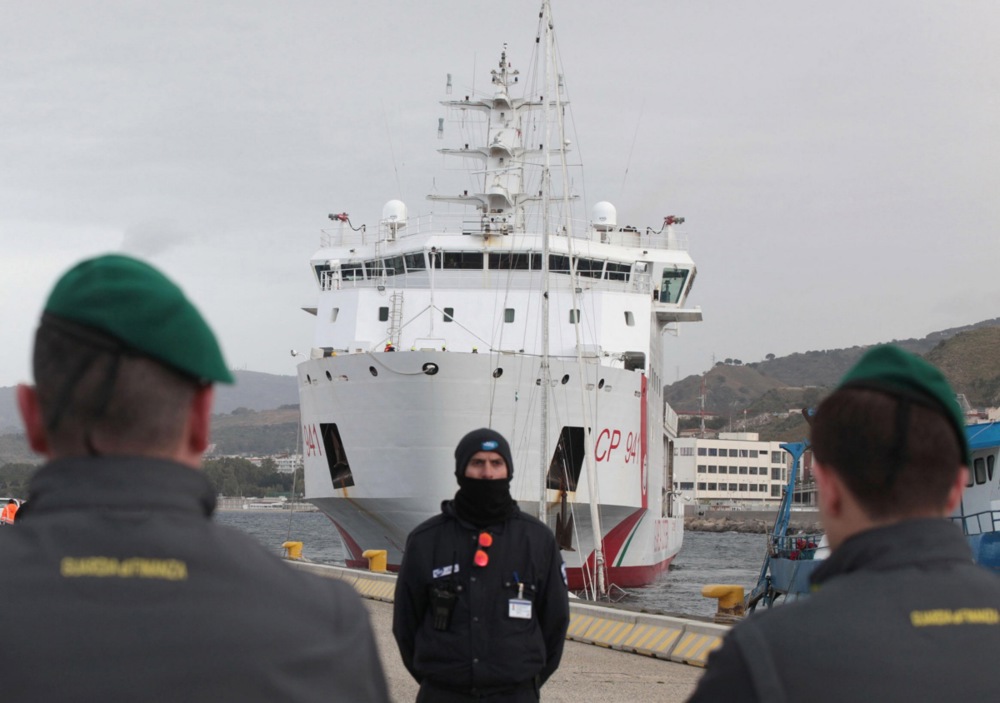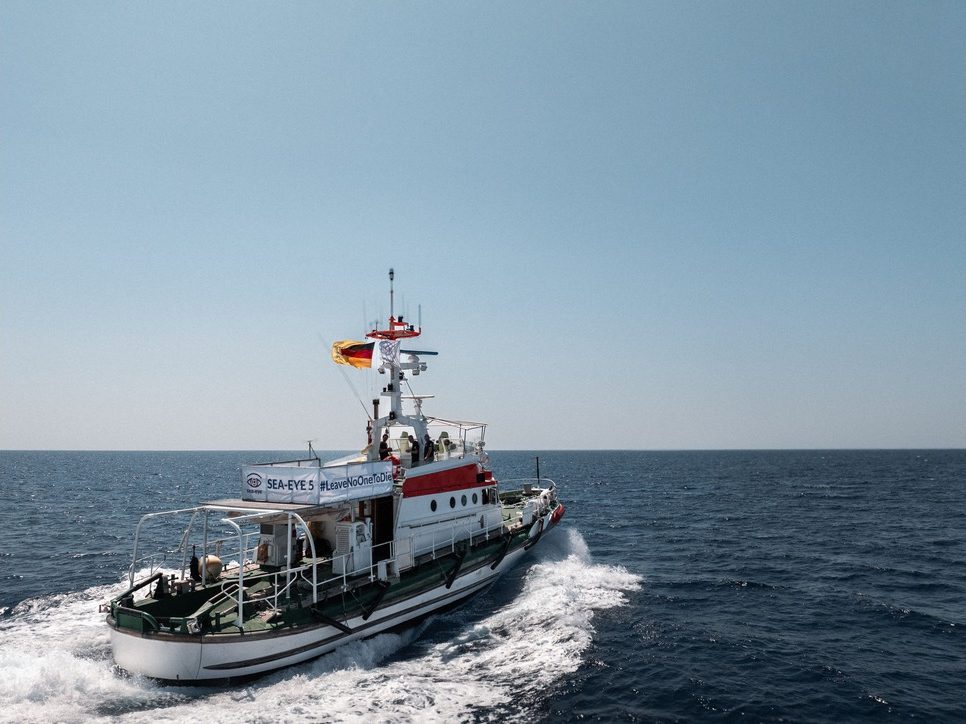Germany has announced it would no longer spend funds on organisations that rescue migrants at sea.
Aid organisations reacted with anger following foreign minister Johann Wadephul’s statement.
“Germany will always remain committed to humanity and will always stand up for it in all places where people are suffering. That is absolutely clear,” he said on June 26.
“But I do not believe that it is the task of the Federal Foreign Office to use funds for this form of sea rescue now.
“In this respect, we have changed our policy. However, my policy will be to use diplomatic means to ensure that such refugee movements can be restricted,” he added, indicating alignment with new European policies on migration.
Wadephul also emphasised what he said was the need to focus more on the root causes of displacement.
“Germany must take action where the need is greatest,” he said.
“One such example is South Sudan, where Germany provides development aid and where numerous humanitarian organisations are active.”
Sea Eye, a German NGO that has been setting up so-called rescue operations since 2015, said in a statement that the government funding should remain. It has launched a petition to collect signatures backing its call.
“Until 2026, €2 million per year has been earmarked in the federal budget for civil sea rescue. Money that saves lives. Money that is now to be cut. Money that must stay!” it stated.
“The loss of this €2 million annual funding has a concrete impact on rescue operations and the chances of survival of people in distress at sea.”
Sea Eye said it aimed to collect a relatively modest 2,000 signatures with its petition.
Gorden Isler, chairman of Sea Eye, called the government’s shift in policy a “catastrophic signal.”
The German Roman Catholic Diocese of Trier has called for sponsorship for a new sea-rescue ship for the pro-migrant aid organisation Sea Eye. https://t.co/xVM8FEVWcl
— Brussels Signal (@brusselssignal) July 31, 2024
Till Rummenhohl, the managing director of Berlin-based search and rescue NGO SOS-Humanity, claimed it had been scientifically refuted several times that there was a connection between refugee movements and the presence of rescue ships in the Mediterranean.
International civil organisation dedicated to saving lives at sea SOS Mediterranee Germany told news outlet InfoMigrants that the decision stood in “stark contrast to the international legal obligations and human rights principles Germany has committed to uphold — both domestically and on the international stage.”
It added that the suspension of funds was emblematic of a “deeply concerning trend” of “humanitarian actors, both at sea and on land” being under “pressure from political obstruction to administrative hurdles and direct criminalisation”.
The Greens opposition politician Filiz Polat called the decision a “fatal signal” that will “cost lives”.
“For 10 years, civilian sea rescue organisations have been stepping in where the EU fails and saving lives,” Polat wrote in a press release.
“Instead of support, there is obstruction, the arrest of ships and the criminalisation of humanitarian aid workers.”
Under former foreign minister Annalena Baerbock (Greens), the then-German government gave financial support to the NGOs.
On the Right, politicians have accused the NGO boats of being an important “pull” factor for migrants, who knew they would be brought to Europe, even if the boats they used to cross the Mediterranean were unsafe.
Christian Democratic Union and populist politicians said the support indirectly favoured smuggling structures and increased irregular migration to Europe.
In 2023, Wadephul said he believed “sea rescue organisations were de facto collaborating with smuggling groups and promoting irregular migration to Europe”.
“No German taxpayers’ money should be used for this,” he said.
The Alternative for Germany party said it also firmly opposed the NGO boats.
German foreign minister and Green MP Annalena Baerbock has been criticised by her own coalition partners over her continued support for NGO migrant boats in the Mediterranean Sea. https://t.co/K6aWlcsYFC
— Brussels Signal (@brusselssignal) October 22, 2024





